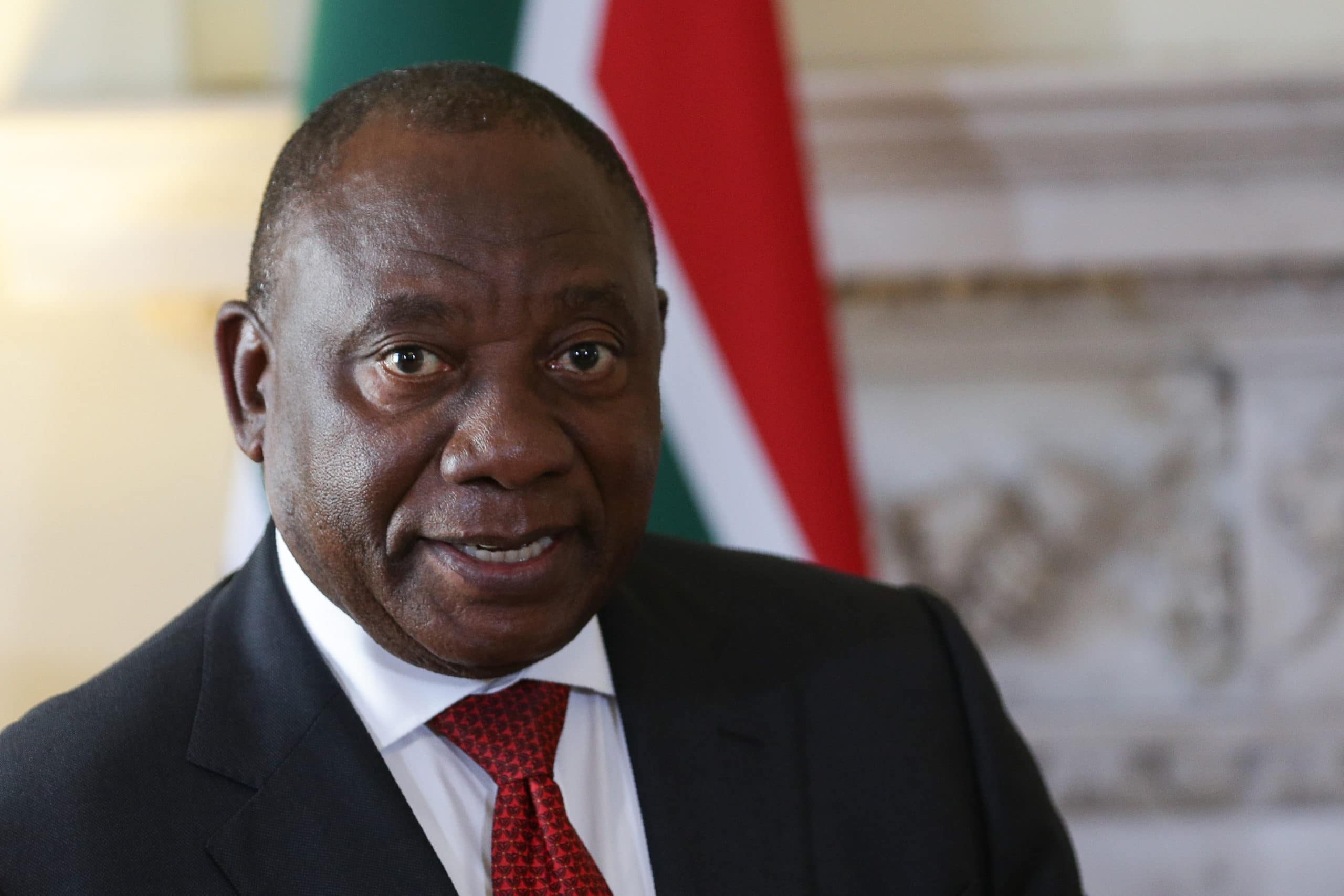South African President Cyril Ramaphosa has been cleared by the country’s reserve bank in the ongoing Phala Phala scandal, ruling that there was no contravention of exchange control regulations based on the available information. The South African Reserve Bank (SARB) revealed its findings in a short release posted on its website today.
The Phala Phala scandal, as it has become known, involved a police report filed by South Africa’s former Head of State Security against the President, alleging that an undetermined amount of undeclared foreign currency was stolen from Ramaphosa’s game farm in early 2020, and that the President failed in his duty to report this crime.
The origin and purpose of the money, as well as its conformation with currency exchange laws, have all been the subject of investigation and have placed immense strain on the career of the President, almost leading him to resign his post in late 2022.
The money was alleged by the President to have been proceeds from a game sale by his farm, later identified as $580,000 for a prize bull, paid by Sudanese businessman Hazim Mustafa.
After the initial theft, Ramaphosa is alleged to have briefed his head of security, Major General Wally Rhoode, on the incident. Rhoode then reportedly proceeded to conduct an unsanctioned investigation, tracing the suspects of the theft in both South Africa and Namibia, before allegedly paying them off.
Loading...
SARB’s exculpation of Ramaphosa comes after an independent report compiled by a retired judge, as well as a parliamentary vote for Ramaphosa’s impeachment, which failed to pass late last year.
Acting Public Protector Kholeka Gcaleka also absolved Ramaphosa in her own report in June of this year, which was widely panned by opposition parties and is currently the subject of a court challenge.
However, of note in the Reserve Bank’s media statement is that no violation of exchange controls for the transaction were found due somewhat to a technicality – namely, that since the goods, in this case, the bull for sale, were not actually delivered, no transaction took place, and thus no finding regarding a contravention could be made.
“SARB has concluded that the transaction in question was subject to conditions precedent which were not fulfilled, and therefore there was no legal entitlement… to the foreign currency,” continued the press release.
While the report is yet another in a long line of investigations that have left President Ramaphosa in the clear, it will likely remain a strong topic of discourse as the country prepares for both the BRICS summit this week and a hotly-contested general election next year.
Loading...
